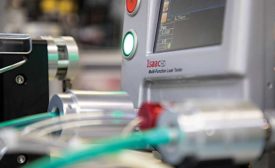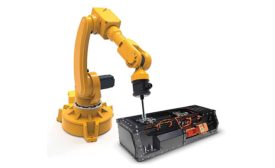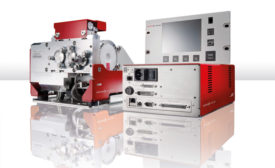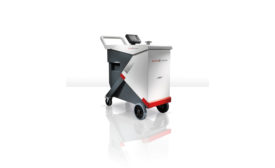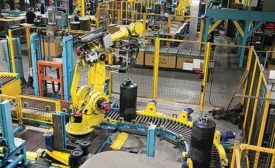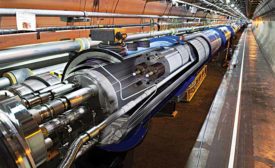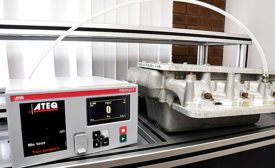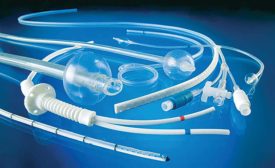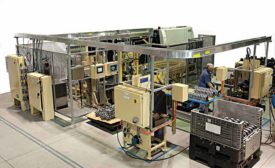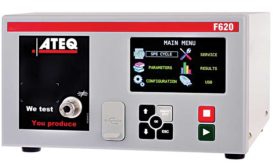Home » leak testing
Articles Tagged with ''leak testing''
What’s New in Leak Testing
New applications and stricter requirements are spurring innovation in leak testing technology
May 3, 2019
Electric Vehicles Present Unique Leak Testing Challenges
Air-based and tracer gas detection systems ensure that all electric-vehicle battery components are leak-free
May 7, 2018
Medical Device Manufacturers Require Tighter Leak Test Requirements
Tighter leak rate requirements are driving demand for smarter equipment in medical device manufacturing.
May 1, 2018
Never miss the latest news and trends driving the manufacturing industry
Stay in the know on the latest assembly trends.
JOIN TODAY!Copyright ©2024. All Rights Reserved BNP Media.
Design, CMS, Hosting & Web Development :: ePublishing
